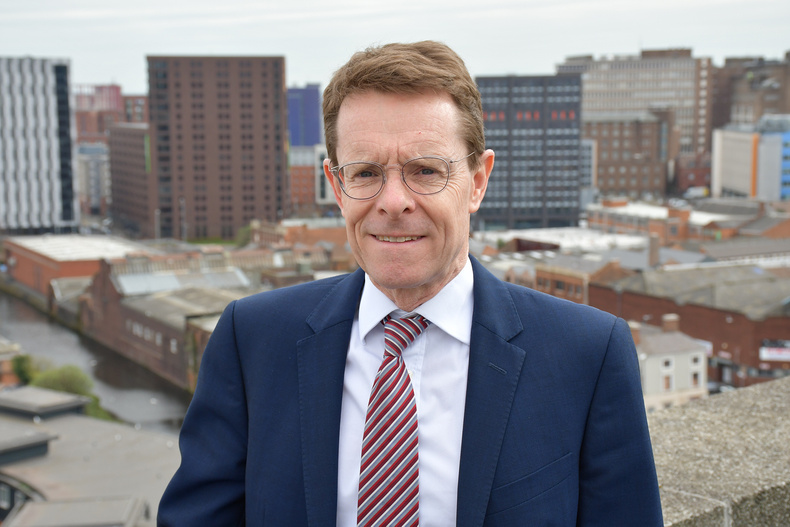Major investments revealed as WMCA sets out £1.1bn budget

More than £805m of funding for infrastructure, land regeneration and job training schemes was set out in a West Midlands Combined Authority (WMCA) Budget aimed at bolstering the regional economy and supporting the fight against climate change.
By using funding secured from Government and other sources an indicative Capital Budget of £805m allocates money for investment in projects that can support the region 's Plan for Growth and #WM2041 net zero ambitions by building a low carbon, more inclusive economy that gives people greater opportunities to improve their skills, find better jobs and secure good quality, affordable homes.
Yet despite significant capital investment allocated for the coming 12 months, the Budget warns of tough challenges due to the adverse impact on the current capital programme from increasing material, energy and construction costs. It warns this will continue into the future if current global economic pressures and rising inflation persist.
As a result, the actual amount allocated for capital investments will be determined by the current financial year performance meaning a final 2023/24 Capital Budget will need to be presented to the WMCA Board early in the new financial year.
West Midlands mayor Andy Street (pictured) said: “It 's no secret that the UK is experiencing tough times at the moment and the WMCA is not immune to these challenges. That 's why we 're taking suitably prudent steps when it comes to our finances as we look ahead to 2023/2024.
“Once again, there will be no mayoral precept which means local residents will not bear any additional tax burden - something I hope will be welcomed given the society wide cost of living pressures we 're currently facing.
“Far from being a reason to press pause, this daunting backdrop is precisely why we must seize the moment and double down on the transformative investments that will improve the quality of life for local people right across our region in the months and years ahead. ”
The indicative Capital Budget includes a £357m package of major transport projects to expand and decarbonise the network including new rail lines and stations, Metro tram lines, pollution free buses and safe walking and cycling routes to better connect people to jobs, education and training opportunities.
Key projects include:
- The on-going construction of the Wednesbury to Brierley Hill and Birmingham Eastside Metro tram extensions
- New railway services and stations on the Birmingham Camp Hill and Walsall to Wolverhampton lines
- The Coventry All Electric Bus City project and other zero emission buses for the region
- Investment in new cycle routes and projects
The Capital Budget also includes £242m to deliver the second year of the City Region Sustainable Transport Settlement, with funding for both WMCA and local councils to deliver priority transport interventions including highway maintenance, very light rail and the Metro depot.
In addition to this, the £133m transport revenue budget will be used to protect existing services which have been hit hard by rising energy and operating costs and falling passenger numbers on the back of the Covid pandemic.
This includes £59m for concessionary travel for older people, children and people with disabilities and £6.6m for Accessible Transport. More than £14m is made available for subsidised bus services.
Around £154m of skills funding, including an Adult Education Budget of £141m, is allocated to the WMCA's economic delivery, skills and communities team, working closely with local authorities, to fund training courses that give people the opportunity to upskill and get back into work or land better jobs.
A further £68m is allocated to the unlocking and regeneration of more derelict industrial sites, often referred to as brownfield land, for new, energy efficient and affordable homes.
There will also be support for the regeneration of town centres and the research and development of zero carbon homes and modern methods of construction.
